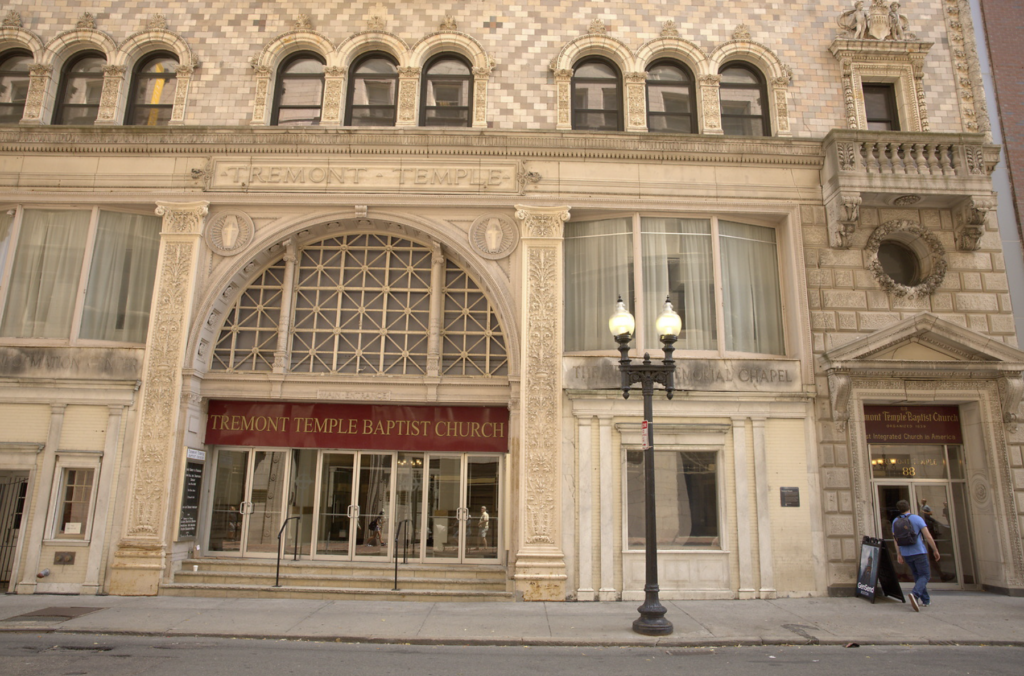Send Relief’s Boston Ministry Center mobilizes churches in their community to receive refugees and international families
Hope Fellowship Church, a local congregation, has committed fully to the project.
Hope Fellowship has just successfully resettled their first family—organizing childcare for the toddler, education for the older children and job skills trainings for both parents—a huge accomplishment!
Refugee Care Circle coordinator Karyn Georgilis-Becker shared the following about what it has been like to come alongside a family during one of their most difficult periods of life and transform from strangers into friends.
“Compared to the rest of the country, Boston has a real presence of refugees, immigrants and asylum seekers. There are so many formal organizations doing the hard work that we don’t want to add to the noise unless we are offering something unique—that’s why we value Send Relief.
Regardless of many organizations’ skill sets and amazing resources, there would truly have to be divine intervention to make their caseloads manageable because of the extreme demand for resources in a hub city like Boston. Because of the quantity of cases, it’s unlikely that there would be a network here of extremely personal, collaborative and invested partners outside of Send Relief.
What’s interesting is that the things that get lost in big caseloads are the aspects you don’t actually need to have professional training for: administrative grunt work, collaborative decision-making, ongoing relationships, explanations of enrollment plans and one-on-one, individualized care. This is where church care circles are a skills match with a needs match—because we, as volunteers, desperately want to be present and share the hope of Jesus and be a true community for these families—and there is a gap in services for that.
People may assume that they don’t have related skills or enough formal training, but that’s just not true. There are people everywhere who are good friends, and hours spent at the dinner table is exactly what many refugees need.
Even small things like having a car and offering to drive families to appointments, being a native language speaker able to interpret documents or live conversations, taking their kids on field trips to museums or parks, helping them sign up for and understand health insurance, celebrating their traditional holidays and mile-markers in their assimilation process, saving your quarters to give them for laundry services, being a friendly and familiar face in their neighborhood or on public transportation—each one of these acts of kindness is an easy opportunity for connection, and everyone truly does have something to contribute!
While you may never see the full fruition of the seeds you are planting, the model of one church and one family at a time is how we have seen the most divine fruit day by day in small ways that you just don’t get from less relational models of refugee care.
We couldn’t do this without Send Relief. We’re not experts. We’re just people who care and who live here, so there are macro-level things that we wouldn’t necessarily know innately but that we’ve been prepared for by the trauma trainings and other resources offered. Send Relief has intentionally given us the opportunity to help another church that had their feet planted a bit better in refugee care to learn best practices from them and then graduate to being a ‘point church,’ allowing us to take small steps towards operating our own well-supported program.”
Pray for Karyn and the refugee care circles at Hope Fellowship to continue growing in wisdom as they navigate difficult decisions with newly arrived Ukrainian, Afghan and Spanish-speaking refugees. If you and your church would like to learn more about starting your own refugee care circles, send us an email at [email protected].
Published April 20, 2023
